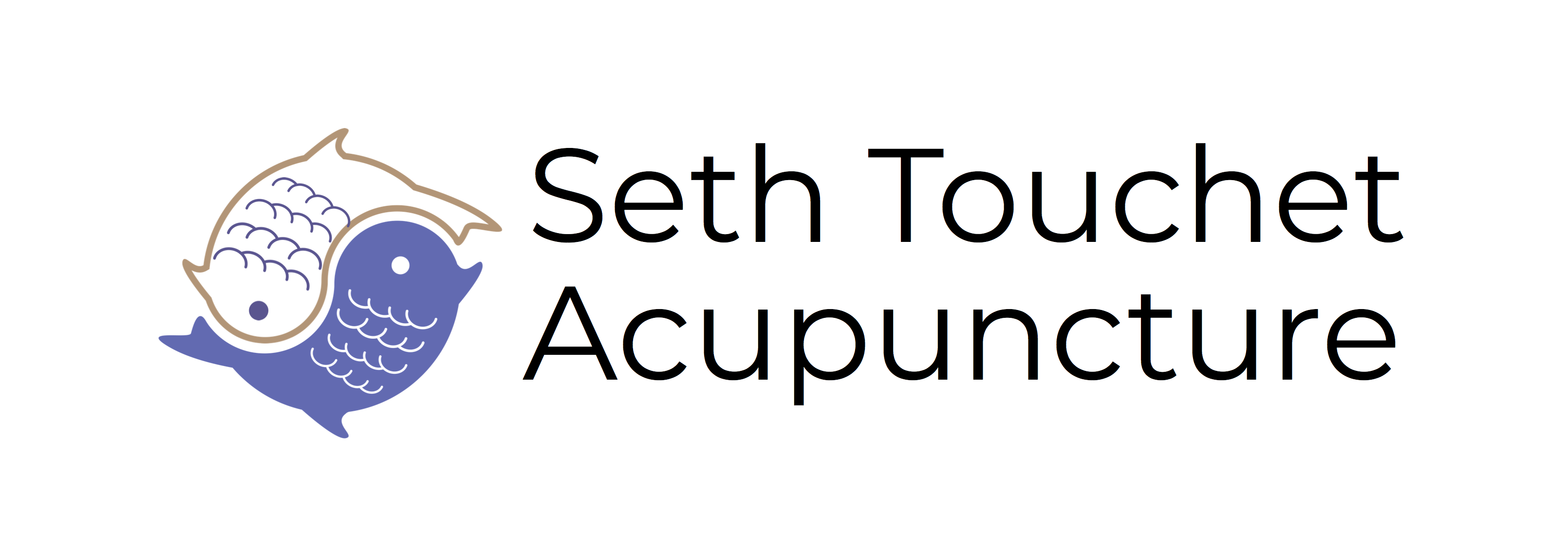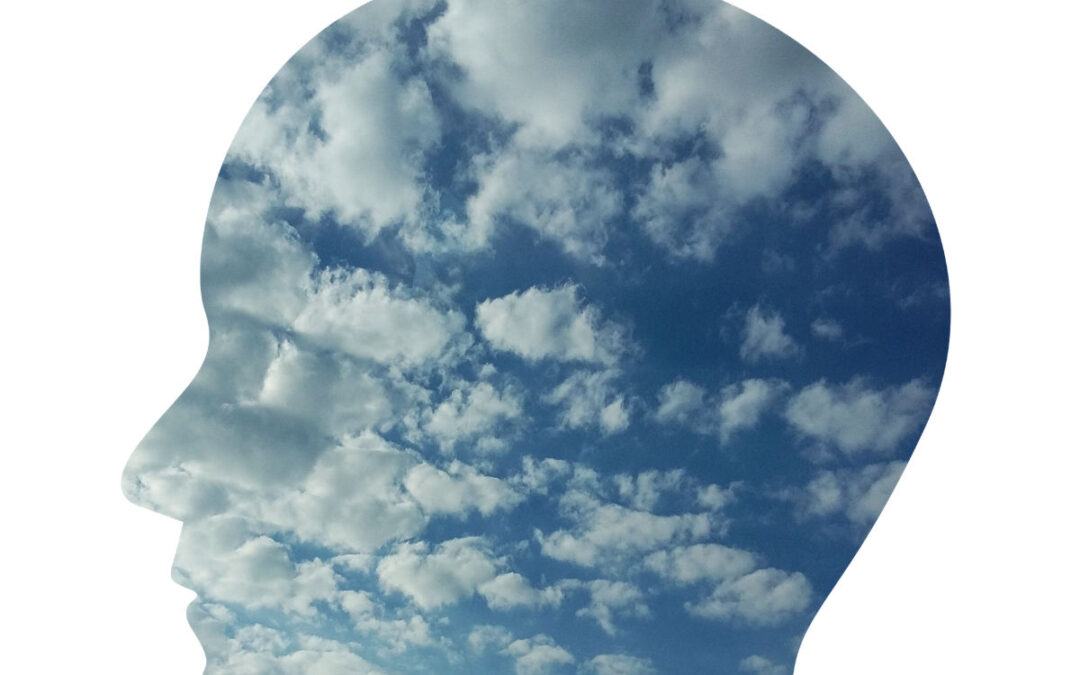If you struggle with anxiety, you’re definitely not alone. It is one of the most common mental health challenges. An estimated 40 million Americans experience significant anxiety on a regular basis. Many people find that conventional aproaches to treatment don’t provide sufficient relief. So they turn to complementary and alternative medicine as a supplement or even a substitute.
A growing body of scientific research supports the use of acupuncture as an effective treatment for anxiety. For those of us who have worked with anxiety in clinical practice, this just confirms what we’ve been seeing first-hand with our patients. In fact, acupuncture has been used to treat this and other mental/emotional conditions for thousands of years. Imagine how many other treatment modalities have come and gone during that time.
5 Proven Ways That Acupuncture Can Help Those With Anxiety
1. Acupuncture can help the body to relax, which is a key component of anxiety treatment.
2. Acupuncture helps to balance the nervous system, which is a key contributor to anxiety and stress management.
3. Acupuncture has been used as an effective treatment for pain, headaches, insomnia and other conditions that often co-occur with anxiety.
4. Acupuncture also helps with symptoms of depression that are often present in people with anxiety.
5. The use of acupuncture as a complementary therapy for treating mental health conditions is becoming more common as it has proven effective.
From a purely physiological perspective, stimulation from the acupuncture needle activates nerve endings that send signals to the brain which then releases chemicals like dopamine, serotonin, and endorphins. These chemicals help to regulate moods, relieve pain, and boost energy levels. This translates into a greater sense of calm, wellbeing, and feeling more emotionally balanced.
Making The Mind-Body Connection
In the west, we have traditionally thought of the mind and body as two seperate entities that are of seperate concern. This paradigm is reflected in the fact that when we have a physical issue that needs attention, we generally seek out a physician and when we have a psychological issue, we often look for a mental health professional.
However, increasing evidence that proves the mind-body connection, is shifting attitudes about this in both the professional world and among the general public. For example, we now accept that mental and emotional stress can have negative consequences in our bodies, manifesting as things like cardiovascular disease. We also see and increasing number of physicians and mental health professionals refer their patients to practicioners who practice “alternative” modalities like acupunture and asian medicine that bridge the mind-body divide.
“the brain and peripheral nervous system, the endocrine and immune systems, and indeed, all the organs of our body and all the emotional responses we have, share a common chemical language and are constantly communicating with one another.
“Dr. James Gordon (founder of the Center for Mind-Body Medicine)
We are now begining to acknowlege the mind not only profoundly affects the body, but the reverse is also true. Why? Because they’re one integrated whole. This may seem like a new idea to us. But there’s nothing really new about it. This realization is the basis of most traditional forms of healing. It goes back thousands of years and is the foundation of acupuncture and asian medicine. Informed by this more wholistic veiw, acupuncturists treat the body to affect mental and emotional wellbeing.
If you are struggling with chronic anxiety, feel free to contact me with questions about how I can help.

